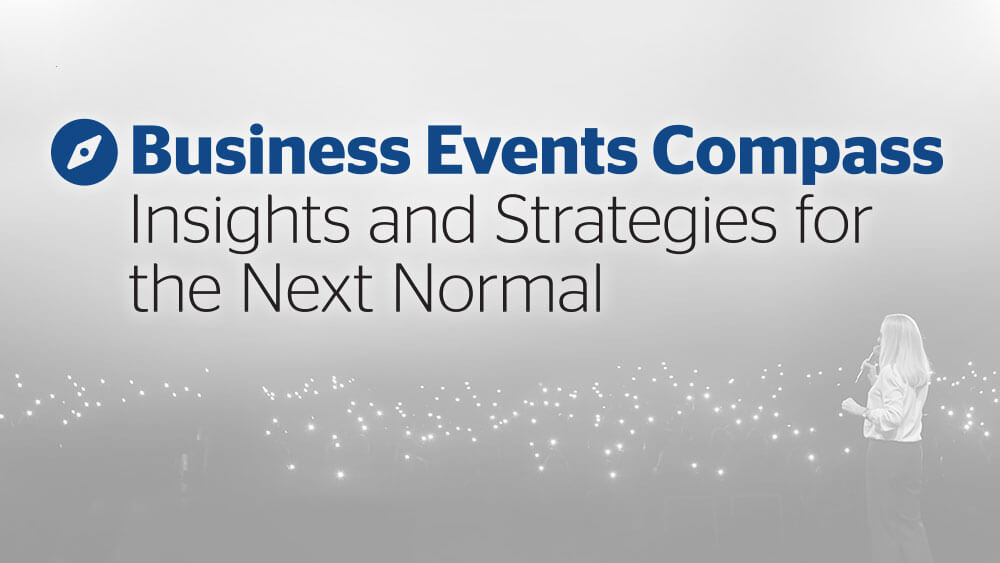 We don’t have to convince anyone that choosing the right venue for your event is a game-changer. Pick the wrong one, and your visitors might be left waiting outside, or – worst case scenario – unable to get in altogether.
We don’t have to convince anyone that choosing the right venue for your event is a game-changer. Pick the wrong one, and your visitors might be left waiting outside, or – worst case scenario – unable to get in altogether.
In the grand scheme of event production, there are a lot of things that can go wrong when choosing an event venue, and guess who the criticism will fall on in such an instance? That’s right, the business organising the event.
In short, if an event venue isn’t ideal, the result will be the exact opposite of the host’s intentions – people will leave with a worse impression of the company, not a better one.
It’s something all business owners will want to avoid. So, to help make things easier, what should you look for in an event venue? We look at six key features:
Choosing the right event venue is often down to experience.
1. Where is it?
Location, location, location. A venue that’s difficult to get to will put your potential visitors off as soon as they read the invite.
Meanwhile, an event that targets key markets in specific locations can hit its entire audience base at once, making for a much better return on investment once the event is wrapped up.
It can also pay to be bold, and choose a location away from the madding crowd. If you feel like there are too many events in any one area, think about the possibilities of hosting it somewhere different to leverage the unique nature of your event – of course, while also keeping our first point in mind.
If an event venue isn’t ideal, the result will be the exact opposite of the host’s intentions.
2. Can it suit your rigging needs?
Many events rely on rigging to stand out, and it’s likely that your business is planning for lights, sound and other features to make a big impression.
However, if companies choose a venue without enough truss points for rigging, it can find itself severely limited to what it is able to achieve. Without the right planning, that big event could quickly become a small one.
3. How big should the venue be?
Do you have a good estimate of how large your audience is likely to be? It’s a little easier with ticketed events or those with a guest list, but you must also plan for exceptional or poor attendance.
Choose a large venue and your guests could be too spread out, leaving them with a sense of disengagement from the wider event. Too small and your attendees won’t appreciate being herded around like cattle.
With a strong planning and event management process, it should be easier to get this arranged in good time.
4. Does the venue have any weight restrictions?
We see this too often, where a company has plans to put up a stage, for example, but the venue does not allow for such heavy-duty set ups.
Understated events are fine, but they’re not for everyone. Without the right planning, you may not have an option.
5. Is the event open for long enough?
To construct and deconstruct the ‘field of play’, bump in/out crew need to access the venue before and after the event. However, venues can be quite strict on the access time for these jobs.
Depending on what you’ve got planned, your event will need to have adequate bump in/out access to ensure you’re ready to go when the doors officially open.
6. Does it have all the right amenities?
Every event is different, so it’s difficult to generalise about the amenities a venue will need to accommodate. Hotels are infamously miserly with their free Wi-Fi, so if this is a necessary part of your event’s character (say, for the optimal use of mobile event apps) it’s best to be choosy with your venue decisions.
Other things to consider include food and beverage facilities, transport routes and bathroom access.
An events management company can contract the venue and negotiate the best deal, while also ensuring it caters for everything you need at your event.
Carly Lewis is general manager – Asia, for cievents.
This article originally appeared on the company's event management news blog.


